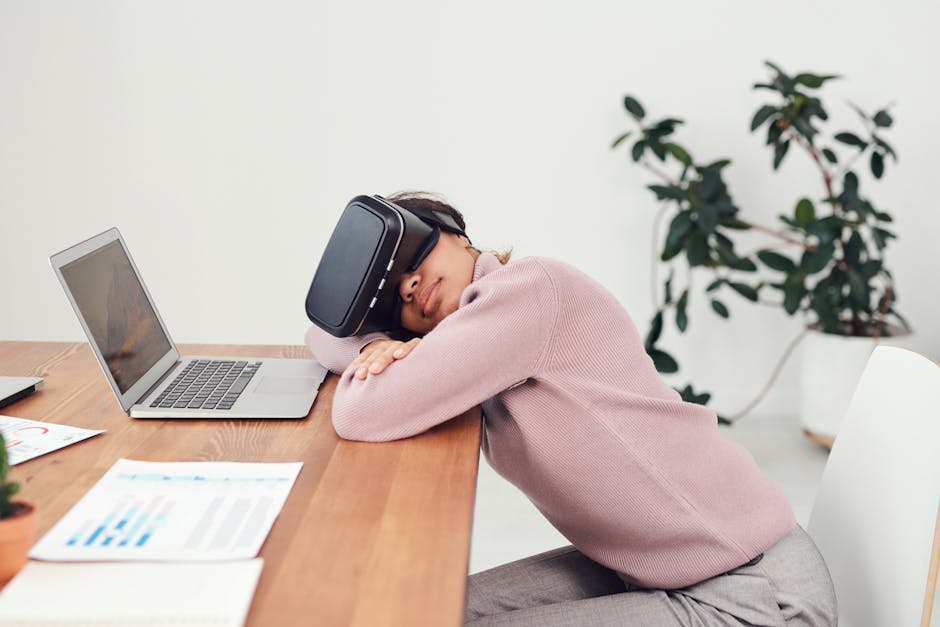Revolutionizing Workspace Management: The Power of Desk Reservation Systems
"In today's dynamic work environment, desk reservation systems have become essential tools for managing flexible workspaces. This article delves into the benefits of these systems, exploring how they streamline office operations, improve employee experience, and maximize space efficiency in the age of hybrid work. "

Revolutionizing Workspace Management: The Power of Desk Reservation Systems
In the era of hybrid work, the traditional office landscape is undergoing a significant transformation. As companies adapt to flexible work arrangements, the need for efficient workspace reservation systems has become paramount. Desk reservation systems, also known as office hoteling reservation systems, are at the forefront of this revolution, offering a solution that balances employee flexibility with organizational needs.

The Rise of Flexible Workspaces
The shift towards hybrid work models has catalyzed the adoption of flexible workspace solutions. According to recent data, 52% of remote-capable employees now work in a hybrid environment. This change has prompted organizations to rethink their office spaces, moving away from static, assigned seating to more dynamic and adaptable arrangements.
Key Benefits of Desk Reservation Systems
-
Optimized Space Utilization: By implementing a desk booking system, companies can accurately track office occupancy and make data-driven decisions about their space requirements.
-
Enhanced Employee Experience: These systems provide employees with the freedom to choose their workspace, promoting a sense of autonomy and improving overall satisfaction.
-
Cost Efficiency: With better space management, organizations can potentially reduce their real estate footprint, leading to significant cost savings.
-
Improved Collaboration: Desk reservation tools can facilitate team seating arrangements, fostering collaboration and improving productivity.
Types of Desk Booking Configurations
Desk Hoteling
Desk hoteling allows employees to reserve specific workstations in advance. This system is ideal for part-time office workers or those who require particular resources for their tasks.
Hot Desking
Hot desking operates on a first-come, first-served basis, offering maximum flexibility for employees who don't need a dedicated workspace every day.
Assigned Seating
While less flexible, assigned seating still has its place in certain team structures or for employees who require consistent workspaces.

Implementing a Successful Desk Reservation System
To ensure a smooth transition to a desk reservation system, consider the following steps:
-
Secure Stakeholder Buy-In: Engage both executives and employees in the decision-making process to ensure widespread adoption.
-
Choose the Right Software: Select a desk booking solution that integrates seamlessly with your existing IT infrastructure and offers user-friendly interfaces.
-
Develop Clear Policies: Establish guidelines for desk usage, booking procedures, and etiquette to prevent conflicts and ensure fairness.
-
Provide Adequate Training: Offer comprehensive training to all employees on how to use the new system effectively.
-
Monitor and Adjust: Regularly collect feedback and analyze usage data to refine your approach and maximize system benefits.
The Future of Workspace Management
As we look ahead, the role of desk reservation systems in shaping the future of work cannot be overstated. These tools are not just about managing space; they're about creating dynamic, responsive work environments that adapt to the evolving needs of both employees and organizations.

Conclusion
Desk reservation systems represent a significant leap forward in workplace management. By embracing these technologies, companies can create more efficient, flexible, and employee-centric work environments. As the workplace continues to evolve, these systems will play a crucial role in helping organizations navigate the complexities of hybrid work models and optimize their office spaces for the future.
In an age where flexibility and efficiency are key, investing in a robust desk reservation system is not just a luxury—it's a necessity for forward-thinking organizations aiming to thrive in the modern work landscape.
Want to learn more about Desk Booking?
Explore our complete guide with more articles like this one.


